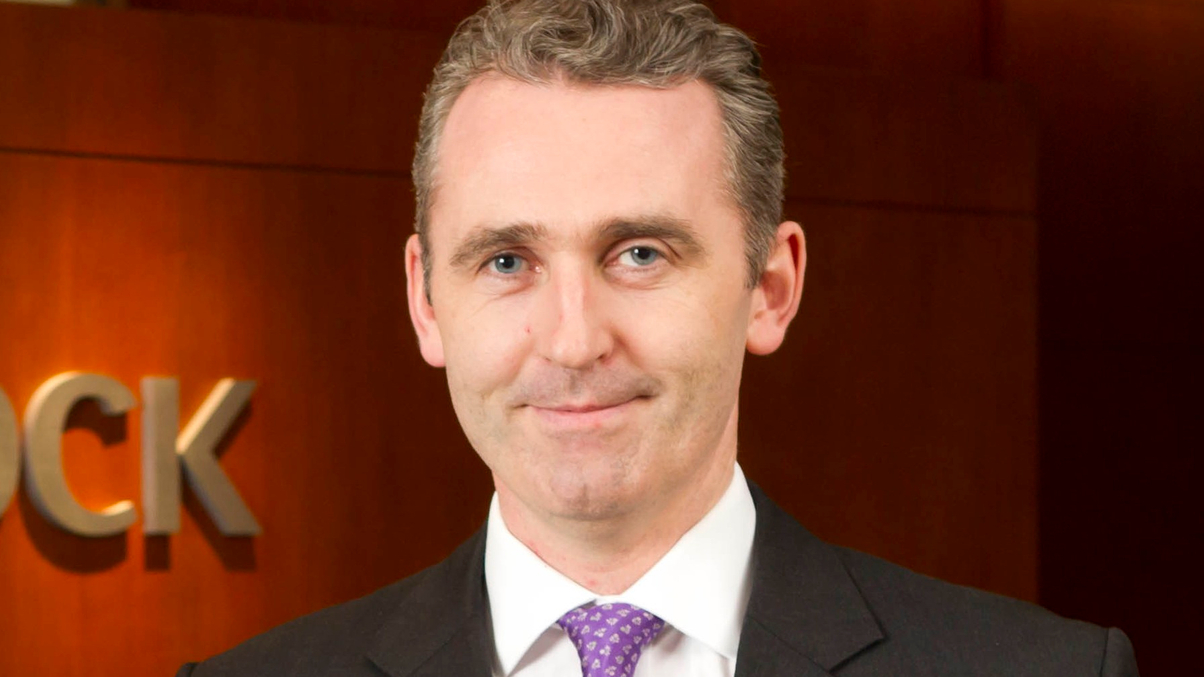BlackRock's retail chief sees fund selection progress
Damien Mooney says most major banks have invested in due diligence over the past year, driven by regulation. But he believes fee-based distribution would challenge fund houses.

Distribution has become more institutionalised in Asia, with banks having improved their fund selection process in the past year, observed Damien Mooney, head of Asia-Pacific retail business at BlackRock.
Sign in to read on!
Registered users get 2 free articles in 30 days.
Subscribers have full unlimited access to AsianInvestor
Not signed up? New users get 2 free articles per month, plus a 7-day unlimited free trial.
¬ Haymarket Media Limited. All rights reserved.


